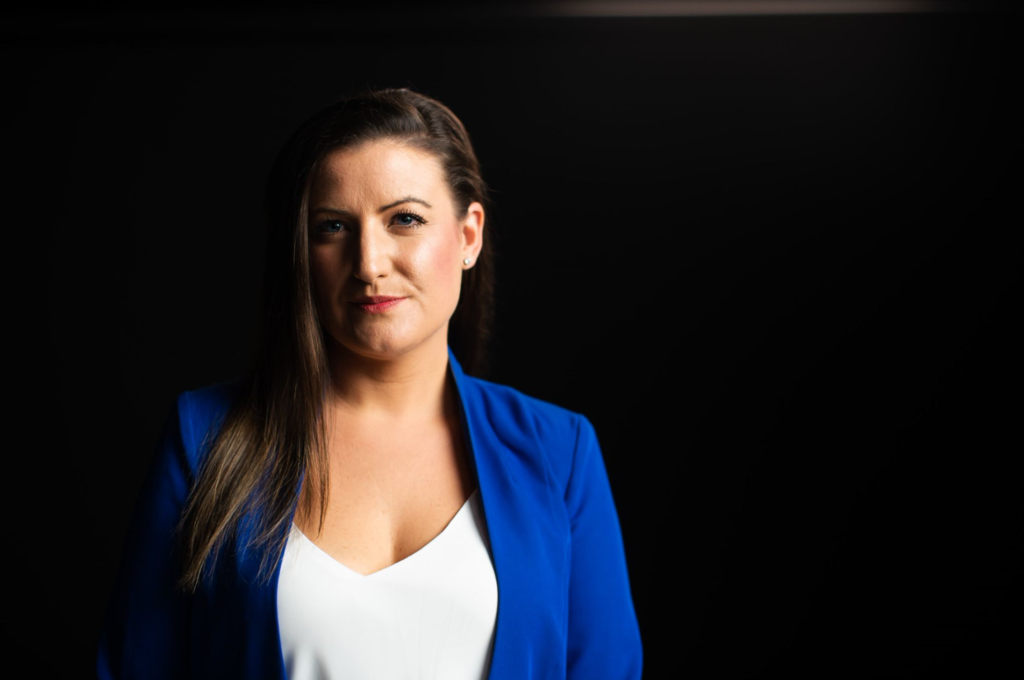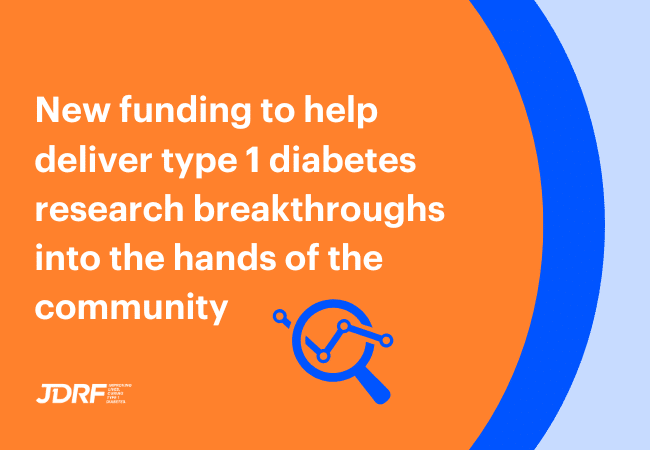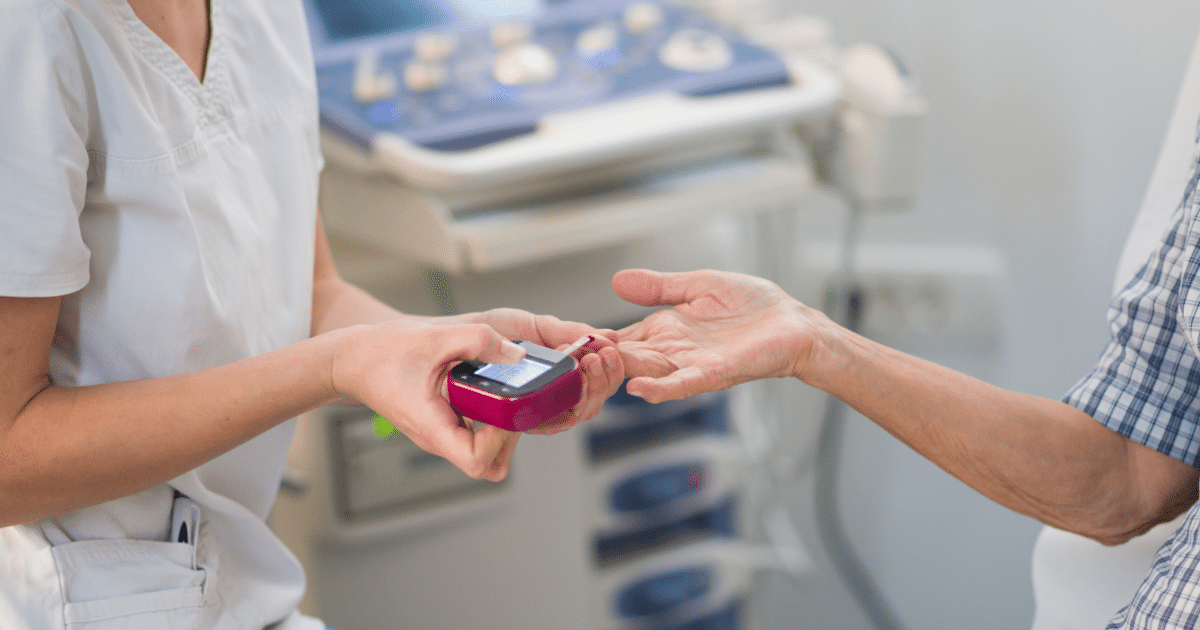Hope for the future: General population screening for T1D in Australia

This year marks 100 years since the discovery of insulin – a major breakthrough for the type 1 diabetes community and one that remains the only approved treatment for T1D. As World Diabetes Day approaches and we reflect on this significant milestone, JDRF isn’t looking back. We’re looking forward with hope and optimism. What new T1D breakthroughs can we expect in the future?
JDRF funds research that aims to improve the lives of people with T1D, as well as provide a better future for the next generation. One of the researchers working towards that future is Dr. Kristine Bell, Principal Research Fellow of the Type 1 Diabetes National Screening Pilot. Dr. Bell is working on developing a program that can screen people in the general population, without a family history, for their risk of developing T1D.
“The vast majority of people who develop T1D don’t have a family history, so the best way to identify people early is through general population screening.”
Children are often diagnosed with T1D too late, with 1 in 3 ending up in intensive care due to diabetic ketoacidosis (DKA). Dr. Bell urges that “early diagnosis is essential to avoid this outcome, improve long-term health and better support families. The vast majority of people who develop T1D don’t have a family history, so the best way to identify people early is through general population screening.”
Dr. Bell is leading a pilot study to test general population screening for T1D in Australia for the first time. The study will compare three different methods of screening, with the aim of finding the most cost effective and viable approach.
“A screening program could have a real benefit for families by reducing the burden of DKA and its lifelong health impacts.”
Dr. Bell’s hope for the future is to provide children at risk of type 1 diabetes better health outcomes through early diagnosis.
This screening can be life changing for so many Australian families as early diagnosis can mitigate serious T1D complications. As Dr. Bell says, “this pilot study will be a pivotal first step in achieving our vision for type 1 diabetes screening to be implemented in routine healthcare across Australia. A screening program could have a real benefit for families by reducing the burden of DKA and its lifelong health impacts.”
Additionally, a screening program has the potential to accelerate the development of new preventative therapies for T1D – a vision Dr. Bell hopes to also achieve through her work.
We thank Dr. Bell for her incredible work in striving for a better future for the T1D community and sharing her Type 1 hope. So we want to know, what’s YOUR type 1 hope? Is it better access to technology? More understanding around T1D? A cure? Type 1 hope here




